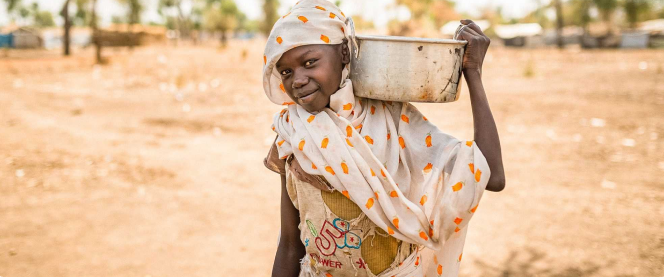Summary
Japan uniquely blends an ancient civilization’s rich traditions, with an incredibly modern and technologically advanced culture. Skyscrapers mix with ancient temples to form a fascinating landscape and culture that continues to enthrall visitors from around the world. Japan has been a leader in technology and manufactured consumer goods for decades, especially electronics and automobiles. In the 19th century, they embraced a Western-style constitutional monarchy after centuries of feudalism. After World War II, the country rejected militarism, totalitarianism, and Emperor-worship in favor of pacifism and democracy.
Japan achieved remarkable growth after the devastation of World War II, becoming the third largest economy in the world. Recent recessions hit hard, and reforms have been enacted to revive the economy. While the constitution forbids the armed forces from engaging in conflicts outside its borders, ongoing disputes with China, North Korea’s growing missile capabilities, the rise of international terrorism, and a desire to contribute to international peacekeeping initiatives have prompted military expansion. Japan boasts one of the highest life expectancies. But with a high value on the workplace, less people getting married, and a growing acceptance of abortion and contraceptives, Japan now has one of the world’s lowest birth rates, and a quarter of the Japanese are over 65. If Japan’s fertility rate does not rise by almost double, the population will continue to decrease. Violence and crime are on the rise. Rampant suicide (30,000/year), teenage prostitution, high divorce rates, and growing social anxieties all reveal widespread despair and hopelessness, exaggerated by the grip of materialism.
The majority of Japanese do not consider themselves religious, yet their cultural identity and the way they live their lives is deeply spiritual. Most identify with Buddhism (69%), but the average person practices a mix of Buddhist, Shinto, Daoist, Confucian, Atheistic, and even Christian beliefs. Only about 1% call themselves Christian, and about .3% are Evangelical. A massive 120 million are still waiting to hear the Gospel, making it one of the world’s largest unreached people groups. Christianity is often viewed as foreign, and an authentic Japanese expression of faith is needed. Natural disasters, economic decline, an aging society, and feelings of social isolation have provoked spiritual searching and an openness to the Gospel. But only a move of God will bring spiritual breakthrough.




